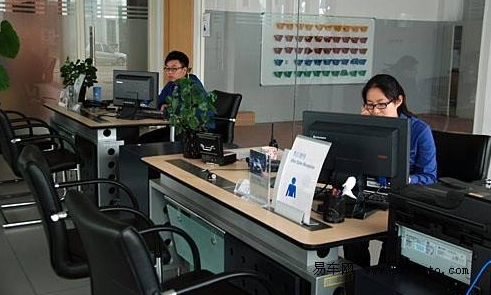This article is a comprehensive exploration of the question "What time will you be home?" It is pided into several sections, each of which focuses on different aspects related to this question. The article provides insights into the importance of communication, the impact of work schedules, the influence of external factors, and the significance of personal responsibility in determining one's arrival time. In conclusion, this article emphasizes the need for effective communication and personal accountability to ensure a timely return home.

The question "What time will you be home?" is a common inquiry that reflects the concern and anticipation of loved ones. It encompasses various factors that contribute to an inpidual's arrival time. This article aims to delve deeper into different aspects related to this question and shed light on the dynamics that shape one's schedule.

Effective communication plays a pivotal role in addressing the question of when someone will be home. In relationships, expressing one's estimated arrival time fosters trust and understanding. Clear and frequent communication allows loved ones to plan their day accordingly and manage expectations. This section explores the benefits of open communication and the impact it has on maintaining healthy relationships.

Additionally, communication goes beyond informing others of one's arrival time. It also entails updating loved ones about unexpected delays or changes in plans. By keeping others informed, the anxiety and stress associated with waiting are alleviated, promoting a harmonious environment.

Moreover, communication extends not only to personal relationships but also to professional settings. Informing colleagues, supervisors, or clients of one's expected arrival time allows for efficient planning and coordination. Nevertheless, striking a balance between work commitments and personal obligations is crucial to ensure a balanced and fulfilling life.

The question of when someone will be home is often influenced by work schedules. The demands of various professions and industries can significantly shape arrival times. This section explores different work schedules and how they impact inpiduals' ability to be home at a specific time.

In professions with fixed working hours, such as regular office jobs, employees can typically adhere to a predetermined schedule. This consistency enables them to provide a more accurate estimation of their arrival time. However, unexpected workloads or unforeseen events can still affect their punctuality.

On the other hand, inpiduals with irregular or shift-based work schedules face greater challenges in determining their arrival time. Industries like healthcare, transportation, and hospitality often require working irregular hours, making it difficult to provide a definite answer to the question at hand. Such occupations demand flexibility and understanding from loved ones to accommodate the uncertainties associated with these professions.

Moreover, considering the global nature of work, time zone differences and international travel further complicate arrival time estimations. Inpiduals engaged in global business ventures or frequent international travel find it necessary to communicate their schedules diligently to mitigate confusion or miscalculations.

External factors, such as traffic conditions, weather conditions, and unforeseen circumstances, can significantly influence one's arrival time. This section explores how these factors contribute to the unpredictability of arrival times.

In urban areas, heavy traffic congestion is a common challenge that can extend travel durations unexpectedly. Roadworks, accidents, and peak travel hours exacerbate the situation. Factors like traffic need to be considered when estimating arrival times, as they directly impact one's ability to return home promptly.

Weather conditions also play a critical role in determining arrival times, particularly in regions prone to extreme weather events. Storms, heavy rain, or snowfall can create hazardous travel conditions, slowing down commute times. Raising awareness about these factors and adapting travel plans accordingly helps manage the expectations of loved ones awaiting someone's return.

Unforeseen circumstances, such as public transportation delays or mechanical issues with vehicles, are also external factors that can disrupt one's arrival time. Planning for contingencies and having alternative transportation options can mitigate the impact of these unforeseen events on arrival times.

Ultimately, personal responsibility plays a pivotal role in ensuring timely arrivals. This section explores the importance of inpidual accountability and proactive planning.

Being cognizant of commitments and organizing one's schedule accordingly helps prioritize and allocate time effectively. Advanced planning not only enhances efficiency but also demonstrates respect for the time and expectations of others.

Furthermore, maintaining a reasonable buffer time between commitments allows for contingencies and unexpected delays. Allowing for flexibility in the schedule reduces stress and helps inpiduals fulfill their responsibilities.

Personal responsibility also extends to inpiduals' commitment to punctuality as a core value. Cultivating punctuality habits through self-discipline and time management strategies leads to a reputation of reliability and trustworthiness.

In conclusion, the question "What time will you be home?" encompasses various factors that shape an inpidual's arrival time. Effective communication, considering work schedules, accounting for external factors, and personal responsibility all contribute to achieving timely arrivals. By prioritizing open and honest communication, determining arrival times becomes smoother and less stressful for all parties involved. Ultimately, balancing personal and professional commitments while respecting the expectations of loved ones ensures a harmonious and fulfilling life.
标题:你大概几点回家英语(What time will you be home)
地址:http://www.cdaudi4s.com/dianshi/123124.html

